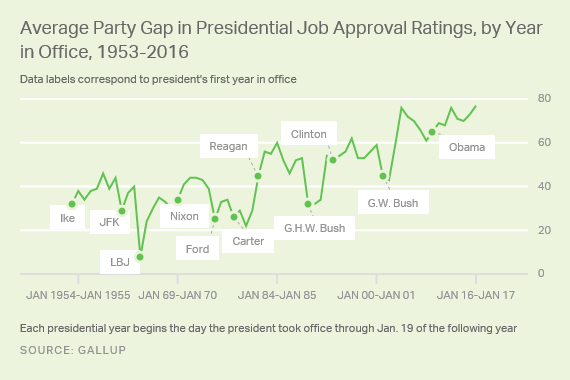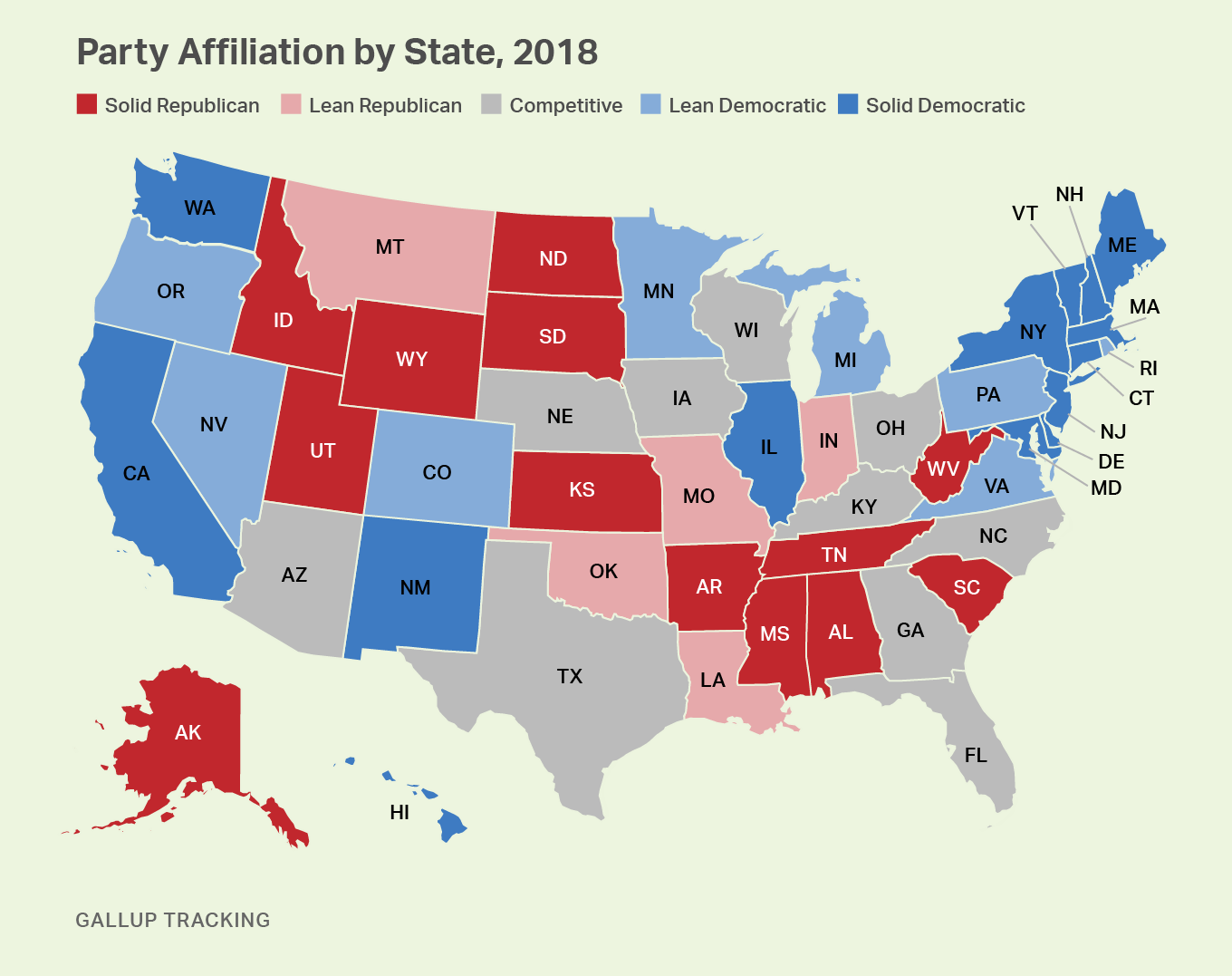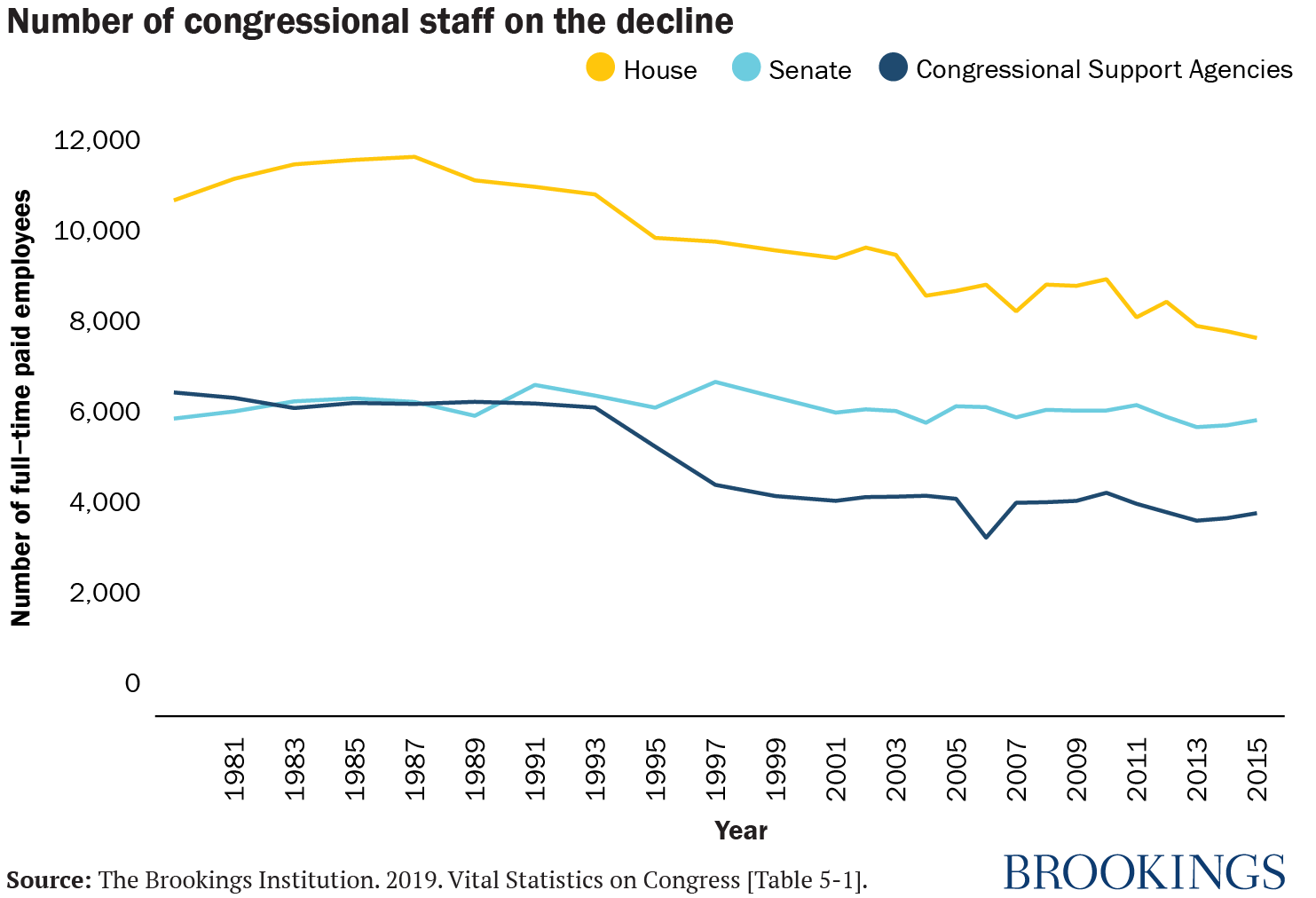For simulation purposes, we assume a Democratic majority. Also for simulation purposes, we have Schumer and McConnell on the Foreign Relations Committee.
Judiciary
Democrats
Dianne Feinstein, California, Chair..Zenaida Huerta
Patrick Leahy, Vermont .. David Almaraz-Roman
Amy Klobuchar, Minnesota..Daniela Corona
Mazie Hirono, Hawaii ..Janise Waites
Cory Booker, New Jersey..Miriam Farah
Kamala Harris, California .. Brooklyn Montgomery
Republicans
Lindsey Graham, South Carolina, Ranking .. Cameron Hendrickson
Ted Cruz, Texas .. Alexis Wilson
Ben Sasse, Nebraska .. Tara Mehra
Joni Ernst, Iowa .. Sam Horowitz
Marsha Blackburn, Tennessee .. Jason Newman
.
Foreign Relations
Democrats
Bob Menendez, New Jersey, Chair .. Jensen Steady
Chuck Schumer, New York [added for simulation purposes] .. Gabe Blum
Jeanne Shaheen, New Hampshire .. Will Grassle
Tim Kaine, Virginia .. Ben Culberson
Jeff Merkley, Oregon .. Augusta Lewis
Republicans
Jim Risch, Idaho, Ranking .. Cooper Pryde
Mitch McConnell, Kentucky [added for simulation] .. Jacob Lyle
Mitt Romney, Utah .. Torben Deese
Rand Paul, Kentucky .. Henry Schulz
This blog serves my Congress course (Claremont McKenna College Government 101) for the spring of 2026.
ABOUT THIS BLOG
I shall post videos, graphs, news stories, and other material there. We shall use some of this material in class, and you may review the rest at your convenience. You will all receive invitations to post to the blog. (Please let me know if you do not get such an invitation.) I encourage you to use the blog in these ways:
There are only two major limitations: no coarse language, and no derogatory comments about people at the Claremont Colleges.
To post questions or comments about the readings before we discuss them in class;
To follow up on class discussions with additional comments or questions.
To post relevant news items or videos.
There are only two major limitations: no coarse language, and no derogatory comments about people at the Claremont Colleges.
Search This Blog
Links
Thursday, February 27, 2020
Wednesday, February 26, 2020
Process II
Madison (Federalist 58) anticipated that the House would be more centralized than the Senate: " [In]
all legislative assemblies the greater the number composing them may be, the fewer will be the men who will in fact direct their proceedings."

all legislative assemblies the greater the number composing them may be, the fewer will be the men who will in fact direct their proceedings."

- The committee system
- Organizing resolution
- Appointments and deals
- Hearings and celebrity testimony
- Markup
- A committee report
- Rules Committee
- The suspension calendar
- The end of open rules in the House
- Motion to proceed -- health care example
- Filling the tree -- Cruz gets personal
- Senate floor debate can get ... testy
Monday, February 24, 2020
Process I
Also see last year's public lands bill.
Congress.gov record of the bill
In two weeks, we shall read Jill Lawrence's account of a similar bill from a few years ago.
\
Bill Drafting (Straus, ch. 2; Davidson, 225-227)
- Types of measures
- Drafting manual
- An example of legislative language:IDEA full funding
- Senate Legislative Counsel
- House Legislative Counsel
Rules
Do They Read The Bills? No.
John Conyers:
The fiscal cliff -- search for "algae"
The committee system
Wednesday, February 19, 2020
Leadership and Parties II
Note: even majorities of the president's party may split with the administration agenda. See Democrats on trade in 1993 and 2014.
The Johnson Network
The Johnson Intelligence System
The Johnson Procedure
The Johnson Treatment
The Johnson Network
The Johnson Intelligence System
The Johnson Procedure
The Johnson Treatment




The politics of decapitation
Newt v. O'Neill 1984 (start clip at 9:30)
Pelosi Style (see, esp. Van Hollen's description)
Pelosi Approval
Pelosi and AOC
Two sides of Pelosi and religion:
The Mom Look
Tuesday, February 18, 2020
Second Writing Assignment
1. Pick any bill from the 116th (2019-present) Congress. Explain its fate. Instead of giving a mere chronology, tell why the measure moved or stalled. What happened to previous versions? Which groups or blocs backed and fought it? Which strategies and tactics did its friends and foes use? Even if it failed or stalled, did it prompt the passage of a similar measure in a different form? Look at parliamentary strategies, major amendments, and roll calls. Again, you should explain the outcome, not just describe the process. Some possible topics:
2. Analyze a proposed reform of congressional procedure. Carefully explain arguments for and against the reform. Would it achieve its goal? Would it improve the operation of Congress? (The two questions are not necessarily the same.) The Congressional Institute lists some ideas. So does APSA, with contributions from Prof. Kathryn Pearson, an alum of this course.
3. Pick pending legislation that has not yet passed either house. Write a memo to its prime sponsor detailing a plausible strategy for securing its passage at least in one chamber. In your answer, consider all phases of the legislative process and take account of the influence of interest groups and the administration.
Get background from a source such as CQ Magazine where you may find the partisan breakdown of roll-call votes. (Use the hardcopy, or the online version at http://library.cqpress.com).
Other possible sources include:
- HJ Res 30 (Russia sanctions)
- HR 8 (background checks)
- HR 1 (political reform)
- HR 4 (elections)
- HR 5 (LGBTQ Anti-Discrimination Protections)
- HJ Res 77 (Syria)
- S.J. Res 7 (Yemen)
- SJ Res 36 (Saudi arms sales)
2. Analyze a proposed reform of congressional procedure. Carefully explain arguments for and against the reform. Would it achieve its goal? Would it improve the operation of Congress? (The two questions are not necessarily the same.) The Congressional Institute lists some ideas. So does APSA, with contributions from Prof. Kathryn Pearson, an alum of this course.
3. Pick pending legislation that has not yet passed either house. Write a memo to its prime sponsor detailing a plausible strategy for securing its passage at least in one chamber. In your answer, consider all phases of the legislative process and take account of the influence of interest groups and the administration.
Get background from a source such as CQ Magazine where you may find the partisan breakdown of roll-call votes. (Use the hardcopy, or the online version at http://library.cqpress.com).
Other possible sources include:
- Congress.gov (http://www.congress.gov/) -- official site for bill summary and status
- GovTrack (http://www.govtrack.us/) – unofficial site for congressional information
- ProQuest Congressional (http://congressional.proquest.com/profiles/gis/search/basic/basicsearch ). -- many congressional documents including searchable Congressional Record. If your computer will not accept this URL, go through the library web page (http://libraries.claremont.edu). Click “databases,” then the letter “P,” then “ProQuest Congressional.”)
- Committee web pages, which usually contain testimony and text of reports. See http://www.house.gov/committees/ or https://www.senate.gov/committees/index.htm
- ProPublica tools and websites at https://projects.propublica.org/represent/ (BTW, app developer Jeremy Merrill is a CMC alum.)
-------------------------------------------------------------------------------------------------------------------
- Essays should be typed, double-spaced, and no more than five pages long. I will not read past the fifth page.
- Cite your sources with endnotes in standard Turabian format. Endnote pages do not count against the page limit.
- Watch your spelling, grammar, diction, and punctuation. Errors will count against you. Return essays (as Word documents, not pdfs) to the Sakai dropbox by 11:59 PM, Saturday, March 7. I reserve the right to dock papers will one gradepoint for one day’s lateness, a full letter grade after that.
Monday, February 17, 2020
Leadership and Parties I
Georgia Senate race as a case study of the intersection of electoral politics and party leadership.
Women in Congress (Straus ch. 14)

Matt Glassman, who co-wrote and co-edited Party and Procedure in the United States Congress, teaches in our Washington Program. He talks about congressional leadership, starting around 18:00:
Two layers of power in Congress: the party system and the committee system.
"I'm an appropriator, see. That's one of the places I was forged." -- Nancy Pelosi
Love him or hate him, Mitch McConnell is very effective.
Elections Have Consequences: Impeachment
Factions and Intraparty Caucuses (Straus ch. 13) and Member Organizations
Women in Congress (Straus ch. 14)

Matt Glassman, who co-wrote and co-edited Party and Procedure in the United States Congress, teaches in our Washington Program. He talks about congressional leadership, starting around 18:00:
Two layers of power in Congress: the party system and the committee system.
"I'm an appropriator, see. That's one of the places I was forged." -- Nancy Pelosi
Love him or hate him, Mitch McConnell is very effective.
Elections Have Consequences: Impeachment
Hill leadership
Theories of party government (Davidson 146-149) and Edmund Burke:
In all bodies, those who will lead, must also, in a considerable degree, follow. They must conform their propositions to the taste, talent, and disposition, of those whom they wish to conduct: therefore, if an assembly is viciously or feebly composed in a very great part of it, nothing but such a supreme degree of virtue as very rarely appears in the world, and for that reason cannot enter into calculation, will prevent the men of talent disseminated through it from becoming only the expert instruments of absurd projects!Speakership Elections (Straus 45)
Factions and Intraparty Caucuses (Straus ch. 13) and Member Organizations
Tentative Simulation Roles 2020
For simulation purposes, we assume a Democratic majority. Also for simulation purposes, we have Schumer and McConnell on the Foreign Relations Committee.
Judiciary
Democrats
Dianne Feinstein, California, Chair
Patrick Leahy, Vermont
Amy Klobuchar, Minnesota
Mazie Hirono, Hawaii
Cory Booker, New Jersey
Kamala Harris, California
Republicans
Lindsey Graham, South Carolina, Ranking
Ted Cruz, Texas
Ben Sasse, Nebraska
Joni Ernst, Iowa
Marsha Blackburn, Tennessee
Foreign Relations
Democrats
Bob Menendez, New Jersey, Chair
Chuck Schumer, New York [added for simulation purposes]
Jeanne Shaheen, New Hampshire
Tim Kaine, Virginia
Jeff Merkley, Oregon
Republicans
Jim Risch, Idaho, Ranking
Mitch McConnell, Kentucky [added for simulation]
Mitt Romney, Utah
Rand Paul, Kentucky
Judiciary
Democrats
Dianne Feinstein, California, Chair
Patrick Leahy, Vermont
Amy Klobuchar, Minnesota
Mazie Hirono, Hawaii
Cory Booker, New Jersey
Kamala Harris, California
Republicans
Lindsey Graham, South Carolina, Ranking
Ted Cruz, Texas
Ben Sasse, Nebraska
Joni Ernst, Iowa
Marsha Blackburn, Tennessee
Foreign Relations
Democrats
Bob Menendez, New Jersey, Chair
Chuck Schumer, New York [added for simulation purposes]
Jeanne Shaheen, New Hampshire
Tim Kaine, Virginia
Jeff Merkley, Oregon
Republicans
Jim Risch, Idaho, Ranking
Mitch McConnell, Kentucky [added for simulation]
Mitt Romney, Utah
Rand Paul, Kentucky
Wednesday, February 12, 2020
A Fresh Example of a Fundraising Email
Just arrived in my in-box:
|
Congressional Elections II
Klobuchar & Kavanaugh
Money and Corruption: Duke Cunningham's Bribe Menu

And then Duncan Hunter
Senate:Decline in split delegations
The Non-Hispanic white vote. and the Hispanic population (states with greatest percentage growth)
Fundraisers (start around 3:15)
Campaign Finance and Party Committees
"Hard money" contribution limits
Party committees endorse and give pointers to PACs
Recruitment committees
Outside spending
Super PAC coordination loopholes (online b-roll)
New element: digital ads
Presidential results by House district
The Funny Ad:
(Paulsen lost.)
The military ad (2016)
Kander lost.
The Inspiring Ad:
Money and Corruption: Duke Cunningham's Bribe Menu

And then Duncan Hunter
Senate:Decline in split delegations
The Non-Hispanic white vote. and the Hispanic population (states with greatest percentage growth)
Fundraisers (start around 3:15)
Campaign Finance and Party Committees
Presidential results by House district
The Funny Ad:
(Paulsen lost.)
The military ad (2016)
Kander lost.
The Inspiring Ad:
Approval: the losses are more severe when the president is unpopular. Trump was unpopular.
Approval was highly polarized
Polarization has been increasing:

Approval was highly polarized
Polarization has been increasing:

501 (c)(4) regulation
501 (c) (4)'s and how are they regulated- Carolina Rising
"Owens and other lawyers contacted by OpenSecrets Blog suggested groups like Carolina Rising that are pushing the limits of nonprofit status “are betting that the IRS won’t come looking.”
Levinson said that groups like Carolina Rising “can rest assured in the belief that the IRS and the FEC are unlikely to take any action.”
Indeed, data from four election cycles shows a growing amount of spending by these politically active organizations, and the IRS gives them a pass far more often than it takes decisive action."
"Owens and other lawyers contacted by OpenSecrets Blog suggested groups like Carolina Rising that are pushing the limits of nonprofit status “are betting that the IRS won’t come looking.”
Monday, February 10, 2020
Congressional Elections I
Simulation: last year's roles
CMC alum running for Congress:
Her main primary opponent also has a terrific ad:
Citizenship and the Census -- A CMC alum in the news -- after death!
Competition
Incumbents Usually Win
House margins
Senate margins
Slight decline in 2018
Control
Midterms Are Bad for the President's Party
Senate classes (this year is a "class 2" election)
Notwithstanding 2018, GOP "bench" is stronger than in the past

The House
Gerrymandering: cracking, packing, merging, isolating
Unintentional gerrymandering -- NYT article
Dramatic decline in districts with split results
GOP Advantage in Non-Minority Districts
Democrats have surged in suburbs
Strategery!
Party identification, party brand

Campaign Finance
"Hard money" contribution limits
Outside spending
New element: digital ads
CMC alum running for Congress:
Her main primary opponent also has a terrific ad:
Citizenship and the Census -- A CMC alum in the news -- after death!
Competition
Control

The House
Strategery!
Party identification, party brand

Saturday, February 8, 2020
Delegates vs. Trustees in the Senate
We’ve talked about the difference between delegates and trustees on Capitol Hill. During the impeachment proceedings and the subsequent trial, most congressmembers acted as delegates when voting. Few were willing to vote against their constituency and their party. In the Senate, the votes were split neatly along party lines with one notable exception. Senator Mitt Romney voted to convict President Trump on the abuse of power charge. His vote was in opposition to both his Utah constituency, which currently supports the president by an 8-point margin, and the rest of the Republican senators. He stands apart from the entire Senate as an elected official that stands in opposition to both his constituents and his party. Instead he chose to act solely in his best judgement and as a trustee of his voters.
Wednesday, February 5, 2020
Congressional Capacity
From Vital Statistics on Congress (essential reference)

Personal and Committee Staff
Constituent communication and its connection to congressional capacity and lawmaking
When advocacy groups target thousands of calls or emails at a single member of Congress, it's these low-level and in some cases unpaid interns and junior staffers they inundate. In one particular office the OpenGov Foundation staff observed, those interns sat side-by-side at a shared desk in a walk-in closet that was so small, one of them had to stand up in order to let the other one out. On the wall inside the closet, they'd taped a poster with a drawing of a window on it.
"We're looking at building capacity for Congress," Meag Doherty, one of the researchers, who previously worked as a congressional staffer, says of the tools OpenGov Foundation builds. "Seeing something like interns in a closet reminds me that is needed."Report on constituent communication
Capacity
Staffs.......1995.......2015
CRS.........746..........609
GAO.....4,572.......2,989
CBO .........214.........235
Problems at CRS
The Imperial Presidency
Hamilton in Federalist 8: "It is of the nature of war to increase the executive at the expense of the legislative authority."
Tocqueville, p. 126: "If the Union’s existence were constantly menaced, and if its great interests were continually interwoven with those of other powerful nations, one would see the prestige of the executive growing, because of what was expected from it and of what it did."
"Do you think Americans care about Ukraine?” -- Mike Pompeo, Secretary of State and former congressman from Kansas
Iowa, SOTU and Impeachment
Iowa rules explanation
The 2007 State of the Union. Watch and listen carefully at 12:30:
Last night was ... different
Republican chant:
Collins and other acquittal senator say Trump has learned a lesson. Trump disagrees.
The 2007 State of the Union. Watch and listen carefully at 12:30:
Last night was ... different
Republican chant:
Democratic chant“FOUR MORE YEARS, FOUR MORE YEARS” yell the Republican congress! pic.twitter.com/PLbAei47sY— Students For Trump (@TrumpStudents) February 5, 2020
WATCH: Democrats chant "HR 3," referencing bill on drug prices, in response to President Trump's call for legislation to lower prescription drug prices. pic.twitter.com/zqbUvoldWB— NBC News (@NBCNews) February 5, 2020
Collins and other acquittal senator say Trump has learned a lesson. Trump disagrees.
Monday, February 3, 2020
Congress in Multiple Dimensions
FOR WEDNESDAY, READ:
In Home Style, members try to convey
Consider the characteristics of NY 14 as AOC goes local:
And in the Senate:
"What you have to understand about my people is that they are a noble people. Humility is their form of pride. It is their strength; it is their weakness. And if you can humble yourself before them they will do anything you ask." -- Frank Underwood
- https://www.nationalaffairs.com/publications/detail/how-to-strengthen-congress
- https://www.foreignaffairs.com/articles/2020-01-21/imperial-presidency-alive-and-well (full text in email)
In Home Style, members try to convey
- Qualification
- Identification
- Empathy
Consider the characteristics of NY 14 as AOC goes local:
And in the Senate:
"What you have to understand about my people is that they are a noble people. Humility is their form of pride. It is their strength; it is their weakness. And if you can humble yourself before them they will do anything you ask." -- Frank Underwood
See a 1993 clip of McCain talking to little old ladies in Arizona.
Parties
Demographic sorting
Parties
Demographic sorting
Four Strategic Postures Since 1996 (House, by election year)
Majority Minority
Pres Party Dems 08 GOP 06, 18
GOP 00, 02, 04, 16 Dem 96, 98, 10,12,14
Out Party GOP 96,* 98, 10,12,14 GOP 08
Dem 06, 18* Dem 00, 02, 04, 16
Staff and staff allocations
FOUR WAYS OF BEING A MEMBER:

FOUR WAYS OF BEING A MEMBER:
- DISTRICT (OR STATE) SERVANTS
- COMMITTEE SPECIALISTS
- PARTY LEADERS
- NATIONAL POLITICAL FIGURES
One major difference between the chambers is that few sitting House members run for president, and seldom get far when they do. But a fairly large fraction of current senators have gone for the White House:
- Lamar Alexander (R-TN) 1996, 2000
- Michael Bennet (D-CO), 2000
- Cory Booker (D-NJ) 2020
- Ted Cruz (R-TX) 2016
- Kirsten Gillibrand (D-NY) 2020
- Lindsey Graham (R-SC) 2016
- Kamala Harris (D-CA), 2020
- Amy Klobuchar (D-MN) 2020
- Rand Paul (R-KY) 2016
- Marco Rubio (R-FL) 2016
- Bernard Sanders (I-VT) 2016, 2020
- Elizabeth Warren (D-MA), 2020
- and Tim Kaine (D-VA) ran for vice president in 2016
- Tulsi Gabbard (D-HI), 2020
- Eric Swalwell (D-CA) 2020

Sunday, February 2, 2020
Saturday, February 1, 2020
There are Islands of Civility in Congress
Rory E. Riley-Topping at The Hill:
At a time when partisan bickering has become the norm on Capitol Hill...a showing of bipartisanship and civility there deserves mention.
Enter the Senate Committee on Veterans’ Affairs, led by new Chairman Jerry Moran (R-Kan.) and Ranking Member Jon Tester (D-Mont.). At a markup this week, where the Committee unanimously passed nine bills, Moran opened the meeting by stating he hoped to have a “non-contentious, relatively short, but meaningful markup.” He successfully achieved that goal.
Moran also followed through on this sentiment by complimenting Tester during the markup, noting that they both serve on the same five committees, including the Committee on Veterans’ Affairs, and that, although they may disagree, they nonetheless have always worked well together.
“While a lot of momentous and contentious and historic things go on in the United States Senate, as we’ve seen for the last few weeks, I hope this Committee will continue to be a haven of bipartisanship and comradery and working together . . . sometimes we forget what’s important. But those who served our country served for purposes unrelated to democrat or republican, and I will do everything I can to ensure that this committee remains that place where we put veterans well-above that partisanship,” relayed Moran in his opening remarks.
Moran’s remarks are all the more important given the legacy of his predecessor, retired Senator Johnny Isakson (R-Ga.), as well as the recent descent into partisan bickering seen over on the House Committee on Veterans’ Affairs.
Subscribe to:
Comments (Atom)
Links
Blog Archive
-
▼
2020
(150)
-
▼
February
(17)
- 2020 Simulation Roles
- Process II
- Process I
- Leadership and Parties II
- Second Writing Assignment
- Leadership and Parties I
- Tentative Simulation Roles 2020
- A Fresh Example of a Fundraising Email
- Congressional Elections II
- 501 (c)(4) regulation
- Congressional Elections I
- Delegates vs. Trustees in the Senate
- Congressional Capacity
- Iowa, SOTU and Impeachment
- Congress in Multiple Dimensions
- Geography Matters to Members of Congress. The Mis...
- There are Islands of Civility in Congress
-
▼
February
(17)



